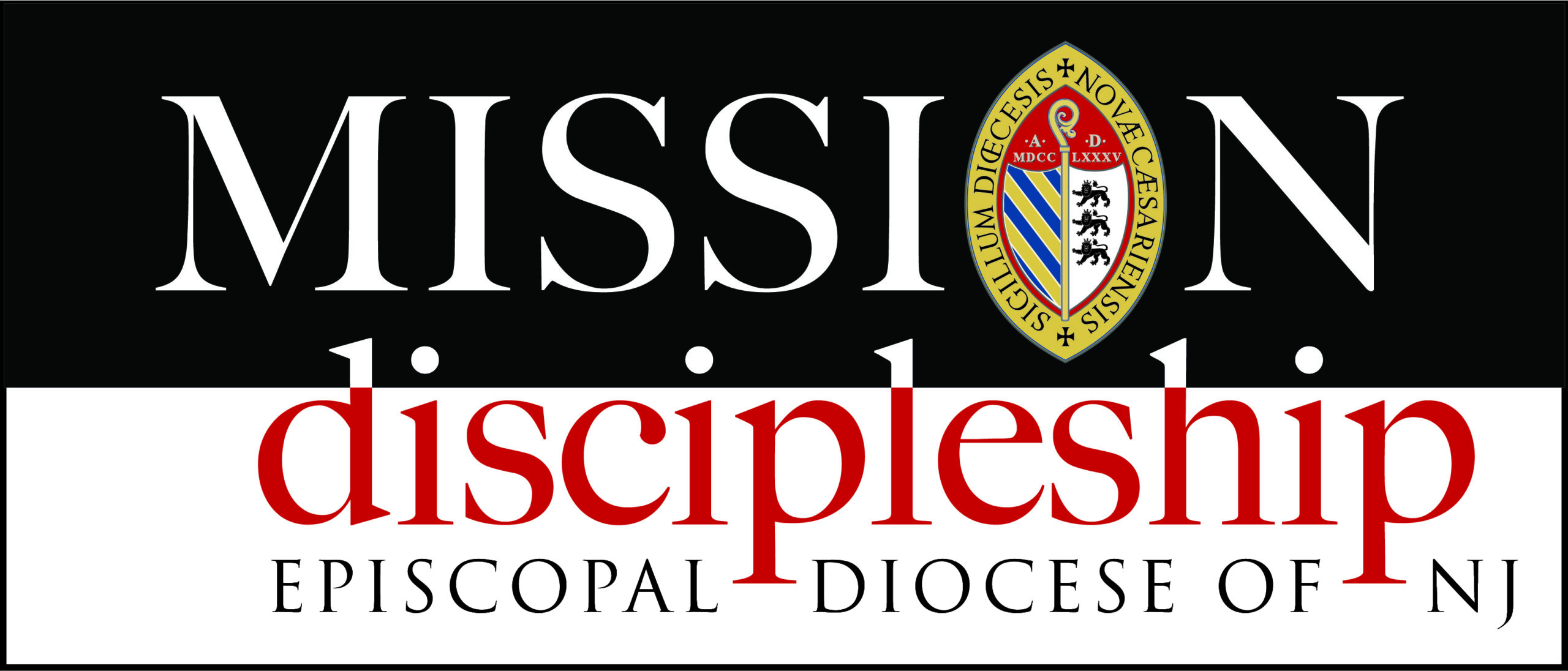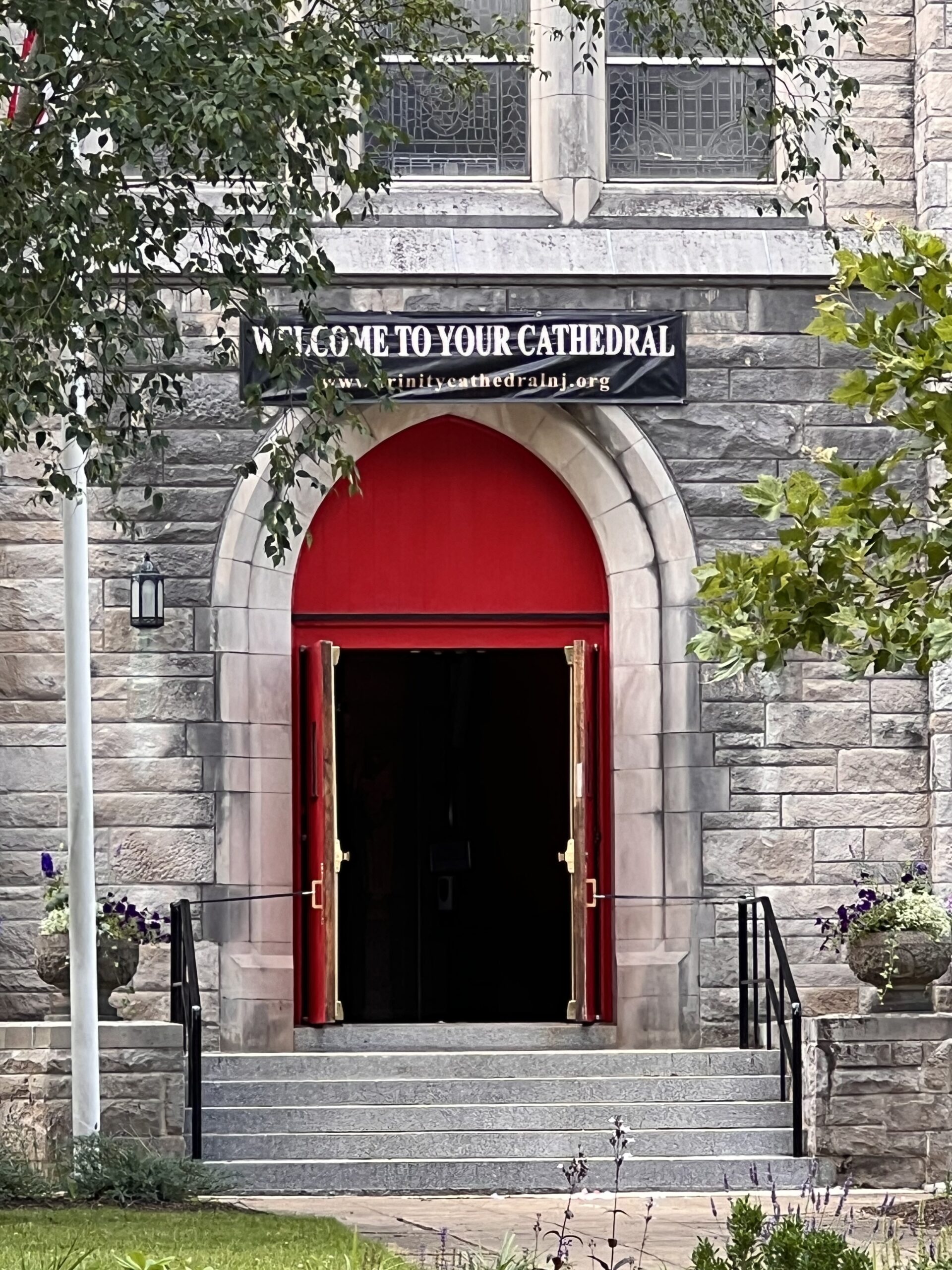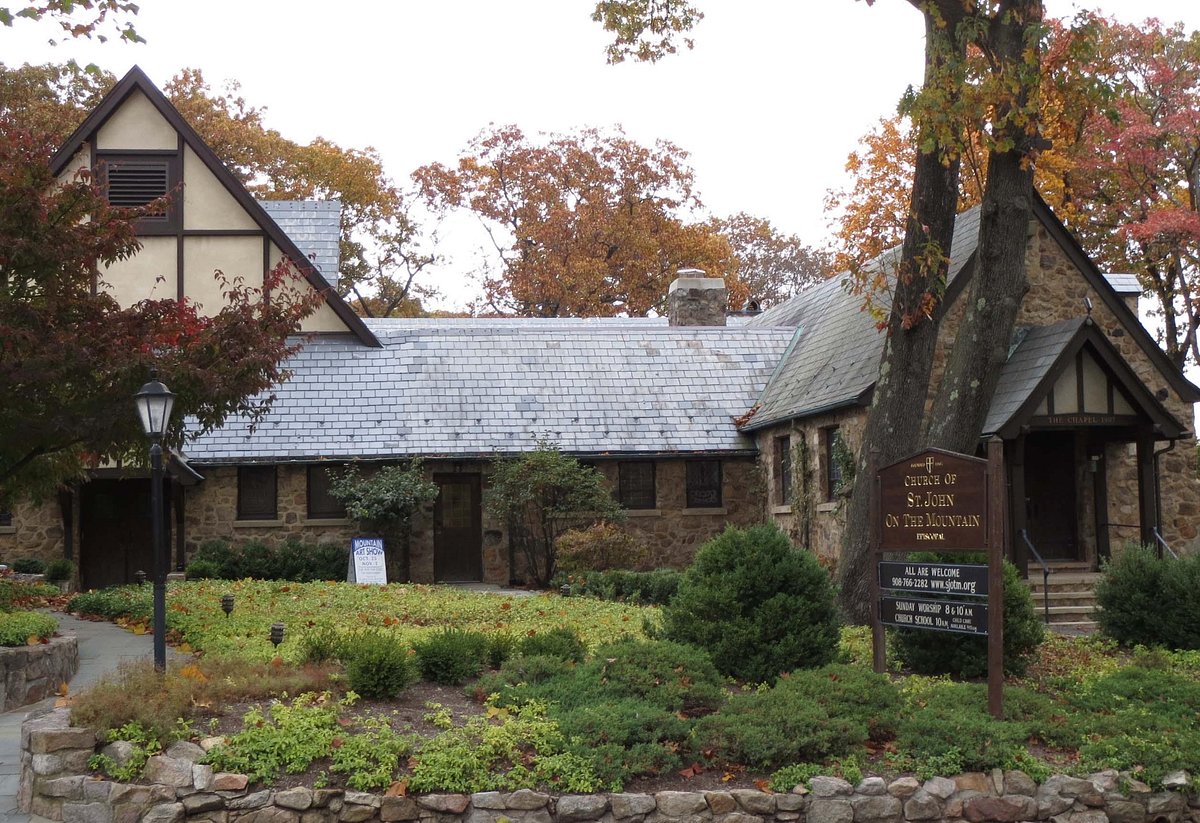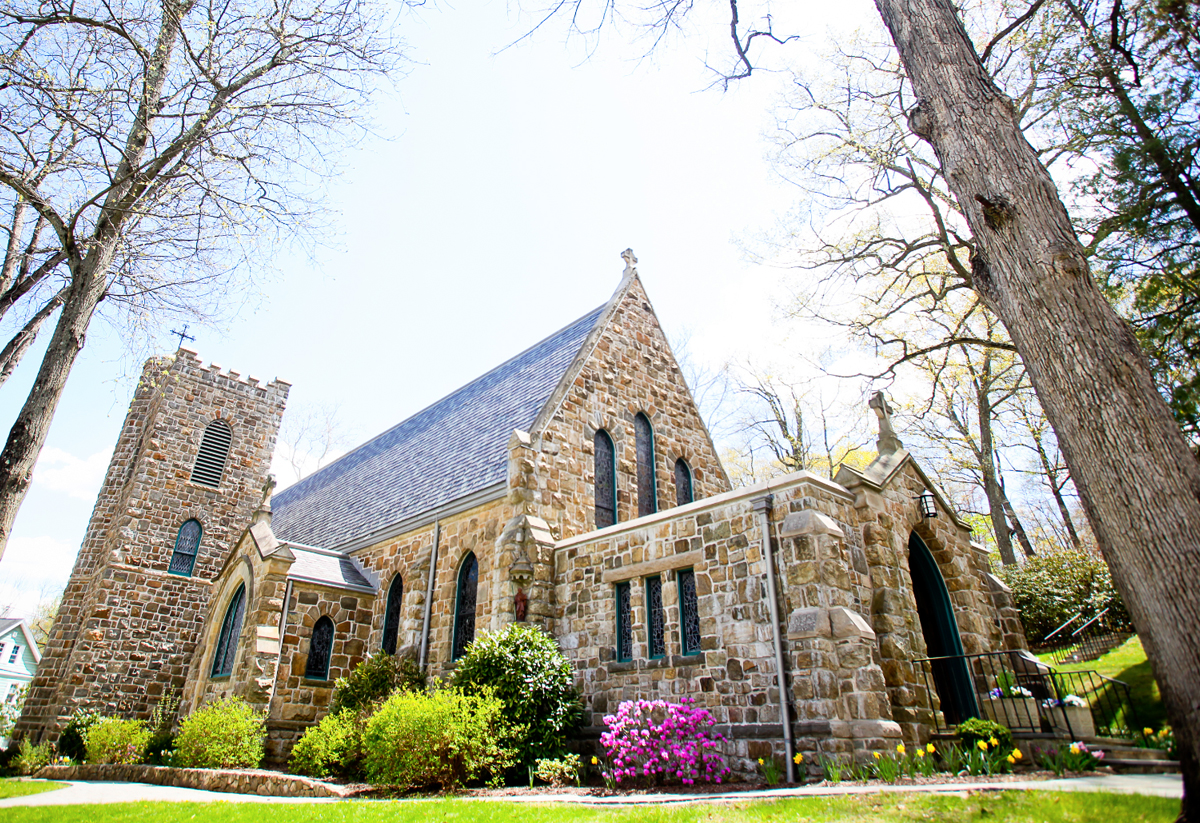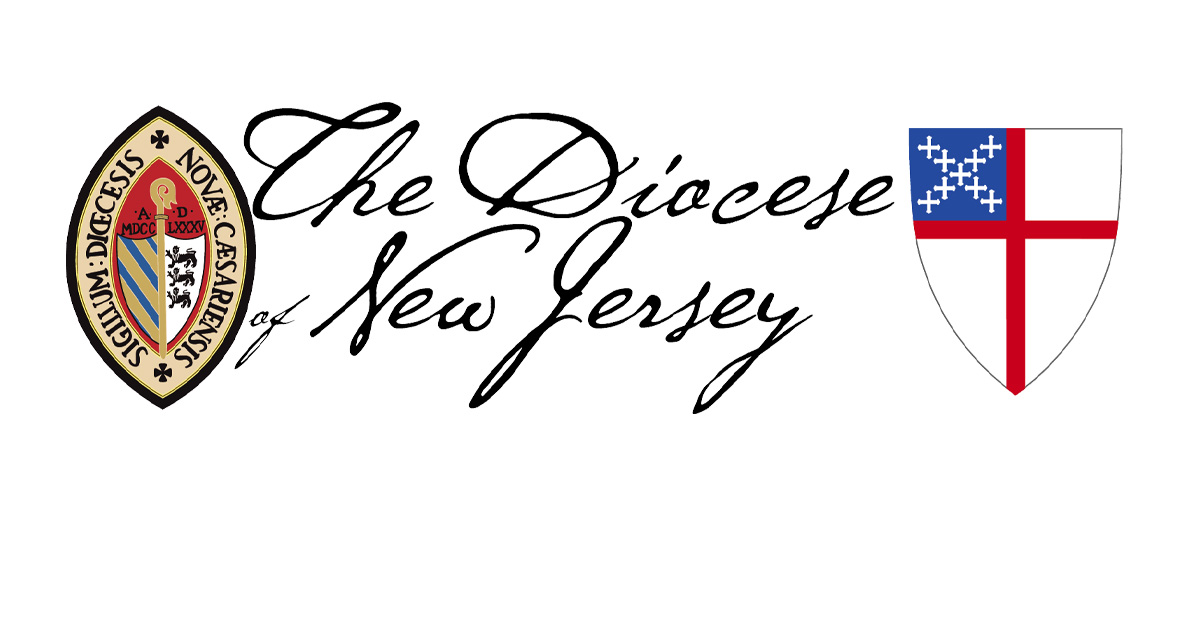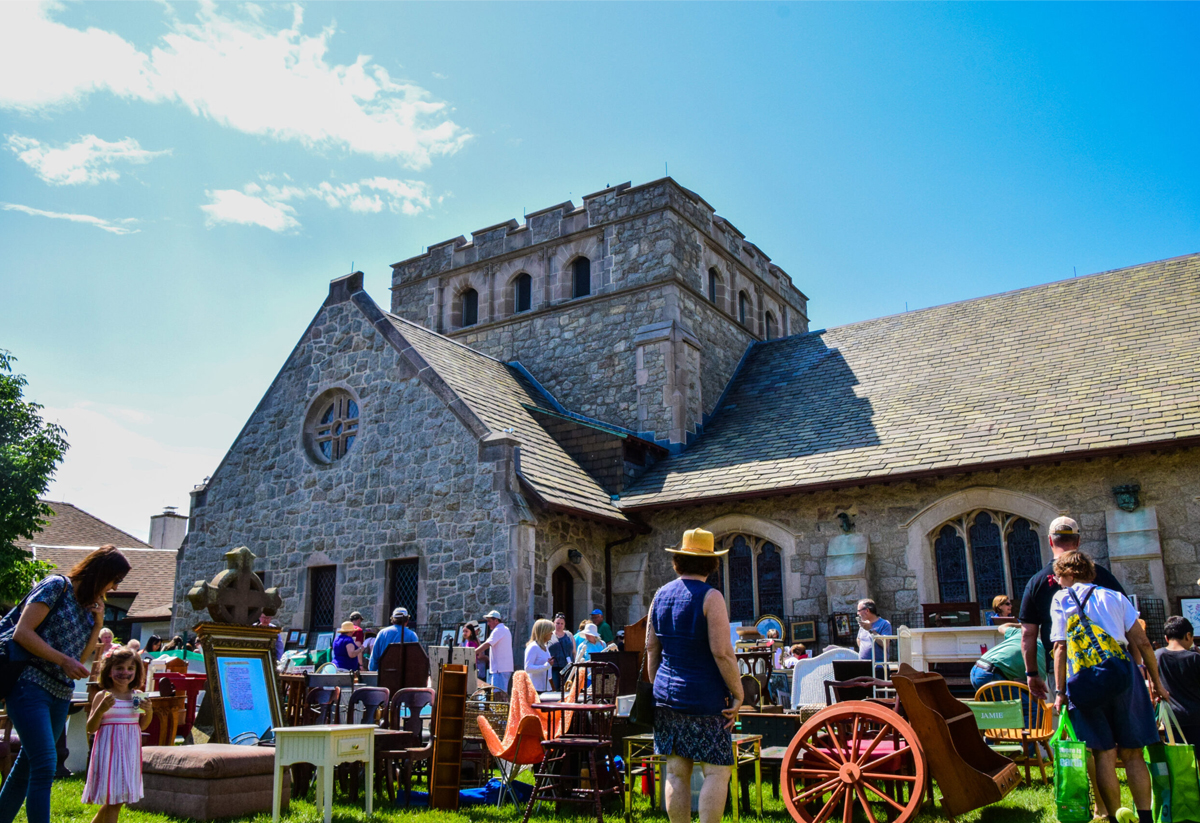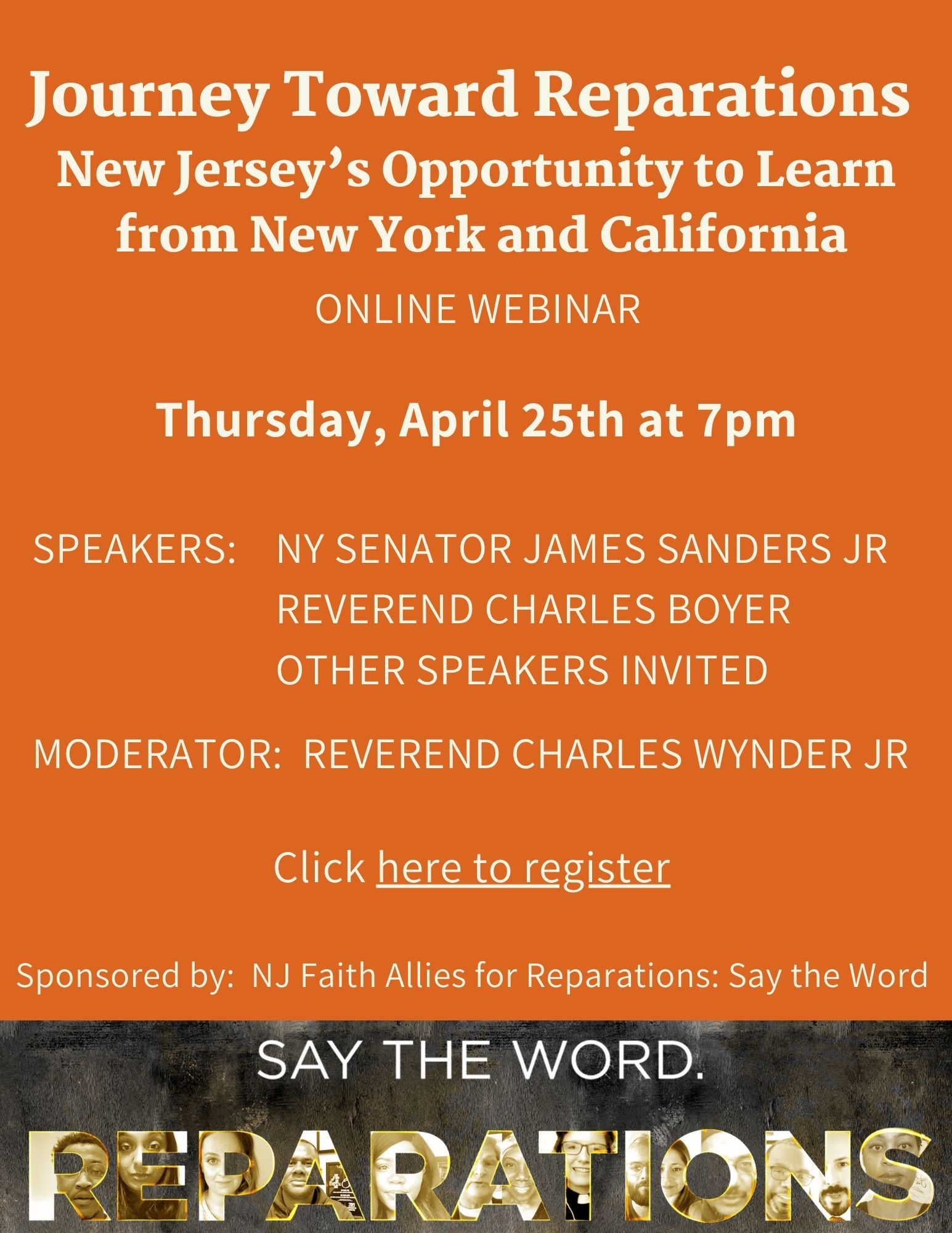For years, personal trainers, coaches, and gyms have emphasized “strengthening your core.” Those planks, bridges, and situps all contribute to developing what the Mayo Clinic calls “the central part of your body.” When we train this set of muscles, Mayo tells us, we have “better balance and steadiness, also called stability.”
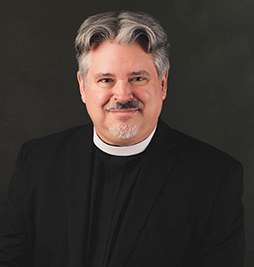 I experienced this for a decade. In my 40s, I finished nine marathons. There were many lessons about stamina and discipline in all that training (plus a lot of Gu—Google it—and blisters). But one of the most important lessons I learned was when my coach said “situps are the most important runners’ exercise.” I didn’t think that was right, until I took his advice and got serious about it. Several annoying problems in my legs and back disappeared right away. Core strength.
I experienced this for a decade. In my 40s, I finished nine marathons. There were many lessons about stamina and discipline in all that training (plus a lot of Gu—Google it—and blisters). But one of the most important lessons I learned was when my coach said “situps are the most important runners’ exercise.” I didn’t think that was right, until I took his advice and got serious about it. Several annoying problems in my legs and back disappeared right away. Core strength.
Of course, the Church is no stranger to seeing the Christian life in athletic terms. In the beloved passage from 1 Corinthians, Paul talks of his spiritual path as an extended athletic event. He runs “with purpose in every step” and he emphasizes even more his sense of the necessity of hard training: “I discipline my body like an athlete, training it to do what it should.”
So we know the importance of our bodies’ physical core strength, and we have Paul talking about his individual spiritual core. How do we strengthen the “core” of our congregation? Whatever it is, how do we discipline it in such a way that it offers us strength for the hard, long-term work of growth? Whatever it is, how do we train it so we can have balance, steadiness and stability?
First, let’s define our congregation’s “core.”
I’d suggest that the core of the congregation is really in two parts that, like the core of our bodies, work together. For fun, let’s call them “the abs” and “the obliques.” The abs are the deep conviction, the strong confidence, that Jesus Christ is all that the Creeds tell us he is, and much more. He is, “The only Son of God, eternally begotten of the Father, God from God…” “The Way, the Truth and the Life” and “the only way to God.”
When we experience weakness or ambivalence, suspicion, or even cynicism about who Jesus is—that is, who he said he is and what others in the New Testament said about him, our core is weakened. And along with that, our balance, steadiness, and stability are weakened as well. Take an honest look around your church. Where it is out of balance, unsteady, or unstable I can guarantee you that this part of your core needs strengthening.
The second part of the core—“the obliques”—is the deep conviction, the strong confidence, that we need a savior. In other words, we cannot save ourselves. We cannot find our way to reconciliation with God and/or others on our own efforts. We must have the power of the Jesus Christ of the creeds, scripture, and tradition to step in and save us. Without it, we will stay imprisoned in selfish, self-seeking attitudes and motives, and we will suffer—along with everyone whose lives we touch.
Wherever we think that we can save ourselves—often understood in this attitude: “I’m a nice person who’s trying to get nicer”—we set ourselves on a road that actually goes nowhere, or worse. Well, maybe it goes fine for a little while, but the deceptions of the heart will ultimately lead us into dead ends and we end up utterly lost and exhausted. We end up hopeless and in many cases, very bitter.
When we think we can do it ourselves—and this is such a trap for those of us in the middle class—we try to do things on our own power, and we try to earn our salvation. The awful truth is that none of this works in the long run. We are exhausted, and the little bit of strength, utterly insufficient for the task, is quickly depleted. And that, of course, is a terrible weakness of its own.
If you think of these two parts of the core, the abs and the obliques, and see them as weak, it’s not hard to see how a congregation could be out of balance, in pain, ineffective, and unstable. For now, look around. Where are the imbalances, unsteadiness and instability in your church? How might they be connected to weak abs or obliques? This may make you anxious—that’s all right. There are definitely things we can do to make them stronger in this new year.

